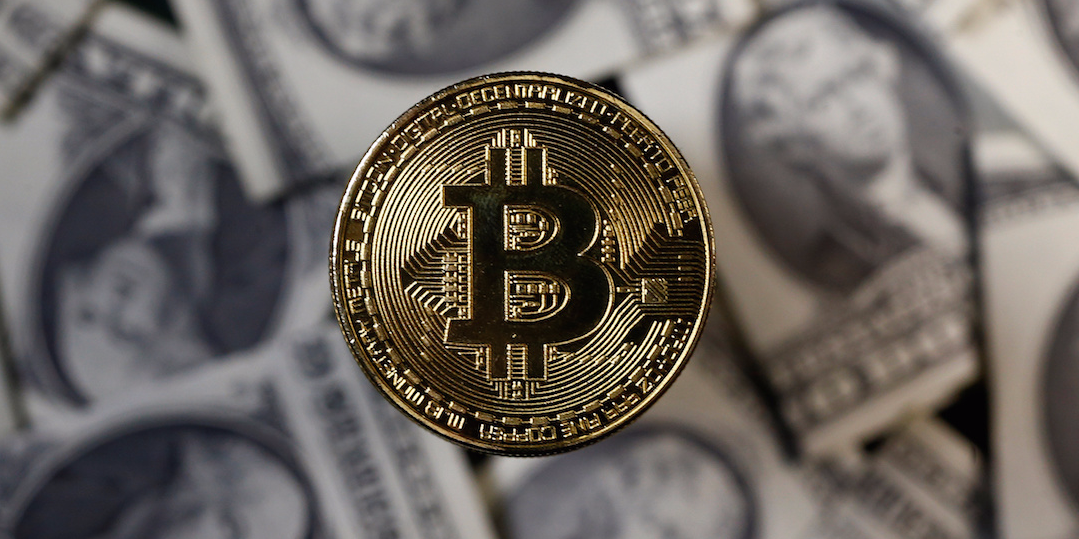- Bitcoin hit $10,000 on a South Korean exchange on Tuesday morning but was trading at $9,748 on US exchange at the same time.
- Price disparity sign of “incredibly immature market,” an analyst says, and makes market ripe for arbitrage.
LONDON – Has bitcoin hit $10,000 yet? It depends on who you ask.
The cryptocurrency hit the symbolically significant level on some South Korean exchanges early on Tuesday morning but, as of 1.30 p.m. GMT (8.30 a.m. ET), it has failed to clear the level on most Western exchanges.
The mismatch highlights the huge arbitrage opportunity in cryptocurrency markets, which remain diffused, unregulated, and disjointed.
Neil Wilson, a senior analyst with ETX Capital, said in an email on Tuesday: “When [South Korean exchange] CEX quoted BTC at $10,026, [US exchange] Kraken had it at $9,748 – a gap of $278 – a near 3% spread.”
It's not the first time this kind of disparity between exchanges has occurred. Back in May, Bitcoin was trading at the equivalent of $2,500 on Japanese exchanges while it was priced at $2,100 on US exchanges.
Charles Hayter, the CEO and founder of CryptoCompare, highlighted arbitrage opportunities in an email at the time and said: "The Japanese have caught the Bitcoin bug and inefficiencies across markets are being exposed."
In most financial markets, this kind of asset price gaps would generally be closed in minutes or even seconds as algorithmic trades buy up the lower priced asset to sell on the exchange offering a higher price. This spike in buying pushes up the price of the cheaper asset until it is on a par with the higher price.
There are some fundamental reasons for the price disparity. Hayter said in his May email: "Bitcoin trades across multiple fiat pairs in a range of local and global exchanges. These pairs often trade at different prices due to fees, entrance and exit routes, and various perceptions of the safety of the exchange."
However, there arbitrage opportunities do open up and cryptocurrency markets lack the unified infrastructure of more advanced markets that supports this kind of complex trading. Cryptocurrency market participants are also relatively unsophisticated. The bulk of the market is made up of retail traders who lack the resources to exploit these loopholes to their full potential.
ETX Capital's Wilson argues that this is part of what's putting off institutional investors. He said: "Arbitrage potential between exchanges is exceptionally large, indicative of the fact this is an incredibly immature market that is completely decentralised and unregulated, which makes it totally unsuitable for institutional investors.
"From an investment point of view we are still in the very early stages and the investment community just doesn't know enough, doesn't have the depth of data to fairly value bitcoin. Volatility has been so extreme that the big institutional investors don't want to take the risk."
Still, while there aren't many established institutions currently in the market, there is growing interest. Goldman Sachs is considering setting up a bitcoin trading desk to meet client interest and CME Group, the largest exchange group in the world, has announced plans to start offering bitcoin futures contracts.
Wilson said: "CME's futures contract might be able to help traders get a clearer picture with a blended price but the arbitrage potential is so large it simply highlights that, while speculative buyers think it will keep on rising, bitcoin has yet to show itself as capable of behaving like a proper asset for investment purposes."

